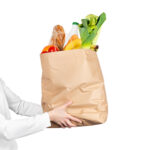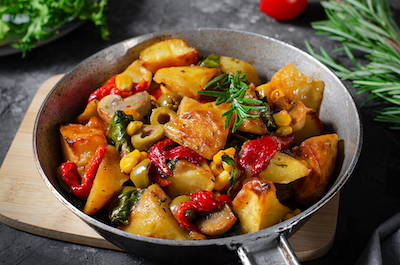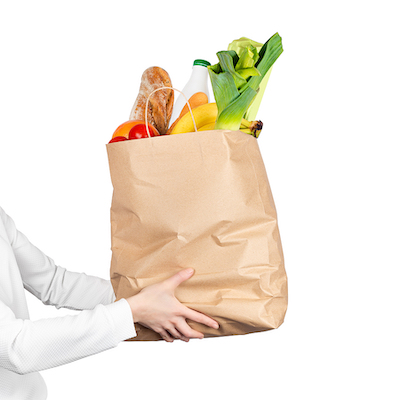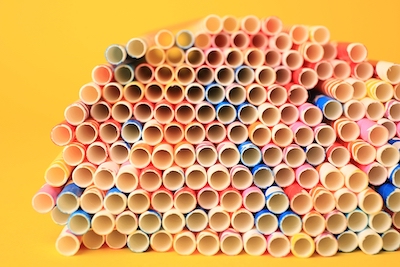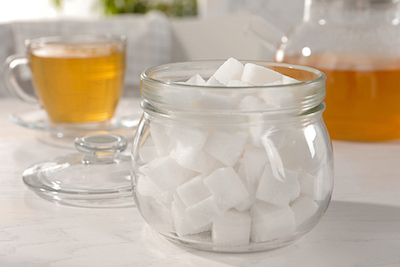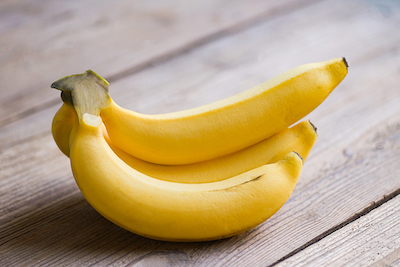For many home cooks, deciding between a pressure cooker and a slow cooker can be challenging. Both appliances have their unique benefits and drawbacks, and determining which one to invest in depends on various factors. This article will delve into the differences between pressure cookers and slow cookers, comparing their functionality, advantages, and disadvantages, so you can make an informed decision about which appliance is best for your culinary needs.
Pressure Cookers: Fast and Furious
A pressure cooker is a sealed pot with a valve that controls the steam pressure inside. As the pot heats up, the liquid inside forms steam, which raises the pressure and temperature inside the cooker. This higher pressure and temperature allow food to cook faster than traditional methods, often cutting down the cooking time by 50-70%.
Advantages of Pressure Cookers
- Time-saving: The most significant advantage of pressure cookers is their ability to cook food quickly. This feature makes them perfect for busy households or those who need to prepare meals in a short amount of time. Pressure cookers are particularly useful for cooking grains, beans, and tough cuts of meat, which typically take hours to cook using conventional methods.
- Energy efficiency: Due to their faster cooking times, pressure cookers require less energy compared to other cooking methods. This efficiency translates to lower energy bills and a reduced carbon footprint, making them an environmentally friendly choice.
- Nutrient retention: High-pressure cooking can help retain more vitamins and minerals in your food compared to other cooking methods. The shorter cooking time and reduced exposure to heat help maintain the nutritional content of your meals.
- Versatility: Modern pressure cookers often come with multiple functions, such as browning, sautéing, and steaming, in addition to pressure cooking. This versatility allows you to prepare a wide variety of dishes using just one appliance.
Disadvantages of Pressure Cookers
- Learning curve: Pressure cookers may require some time to get used to, as their operation is different from traditional pots and pans. This learning curve can be intimidating for some people, especially those who are new to cooking.
- Safety concerns: Although modern pressure cookers come with multiple safety features, accidents can still happen if the appliance is not used correctly. It’s essential to read the instruction manual and follow safety guidelines to avoid mishaps.
- Unsuitable for certain recipes: Some recipes, especially those that require precise temperature control, may not be suitable for pressure cooking. The high heat and pressure can also cause delicate ingredients, such as fish or vegetables, to overcook.
Slow Cookers: Low and Slow Perfection
A slow cooker, also known as a crockpot, is an electric appliance designed to cook food at a low, steady temperature over an extended period. Slow cookers typically have a ceramic or porcelain pot that sits inside a heating unit. The food cooks slowly and evenly, allowing the flavors to meld and develop over time.
Advantages of Slow Cookers
- Set and forget: One of the most significant advantages of slow cookers is their ease of use. You can simply place your ingredients in the pot, set the cooking time and temperature, and let the appliance do the rest. This feature is especially helpful for those who want a delicious, home-cooked meal waiting for them after a long day at work.
- Tenderizes meat: The low and slow cooking process breaks down the collagen in meat, making it tender and easy to shred. This is ideal for preparing pulled pork, pot roasts, or stews with tougher cuts of meat.
- Enhanced flavors: Slow cooking allows the flavors in your dish to develop and meld, resulting in deep, rich, and complex tastes.
- Energy-efficient: Although slow cookers are on for a longer period compared to pressure cookers, they use relatively less energy due to their low-temperature settings. This efficiency makes them an eco-friendly option for home cooks.
- Minimal supervision: With a slow cooker, there’s no need to stir or monitor the cooking process constantly. This hands-off approach frees up time for other tasks, making it convenient for multitaskers.
Disadvantages of Slow Cookers
- Long cooking times: The most obvious drawback of slow cookers is the extended cooking time, which can range from 4 to 10 hours, depending on the recipe. This slow process may not be suitable for those who need a quick meal solution.
- Limited cooking techniques: While slow cookers are great for simmering, braising, and stewing, they lack the versatility of pressure cookers. You cannot use a slow cooker for sautéing, browning, or other high-heat techniques.
- Overcooking: If you’re not careful with the cooking time, it’s possible to overcook your food in a slow cooker, especially vegetables, which can become mushy if cooked too long.
Making the Decision: Pressure Cooker vs Slow Cooker
When deciding between a pressure cooker and a slow cooker, consider your cooking style, preferences, and schedule. If you’re short on time and want a versatile appliance that can cook various dishes quickly, a pressure cooker may be the best choice for you. However, if you prefer a hands-off approach and enjoy slow-cooked meals with rich, developed flavors, a slow cooker could be your ideal option.
Ultimately, your decision will come down to your priorities and cooking habits. Some home cooks even opt for owning both appliances to enjoy the benefits of each, using a pressure cooker for quick meals and a slow cooker for more leisurely dishes. By weighing the pros and cons of each appliance and assessing your individual needs, you’ll be well-equipped to make an informed decision that suits your culinary lifestyle.







